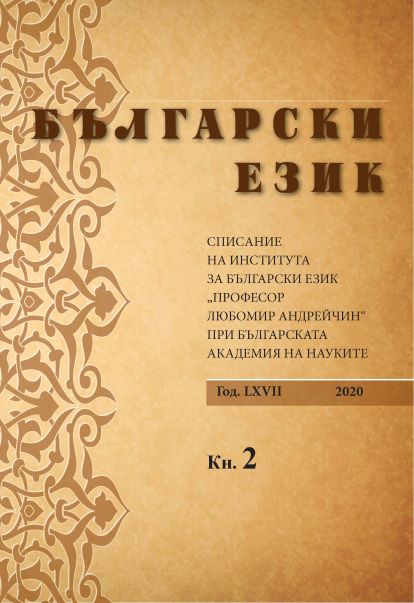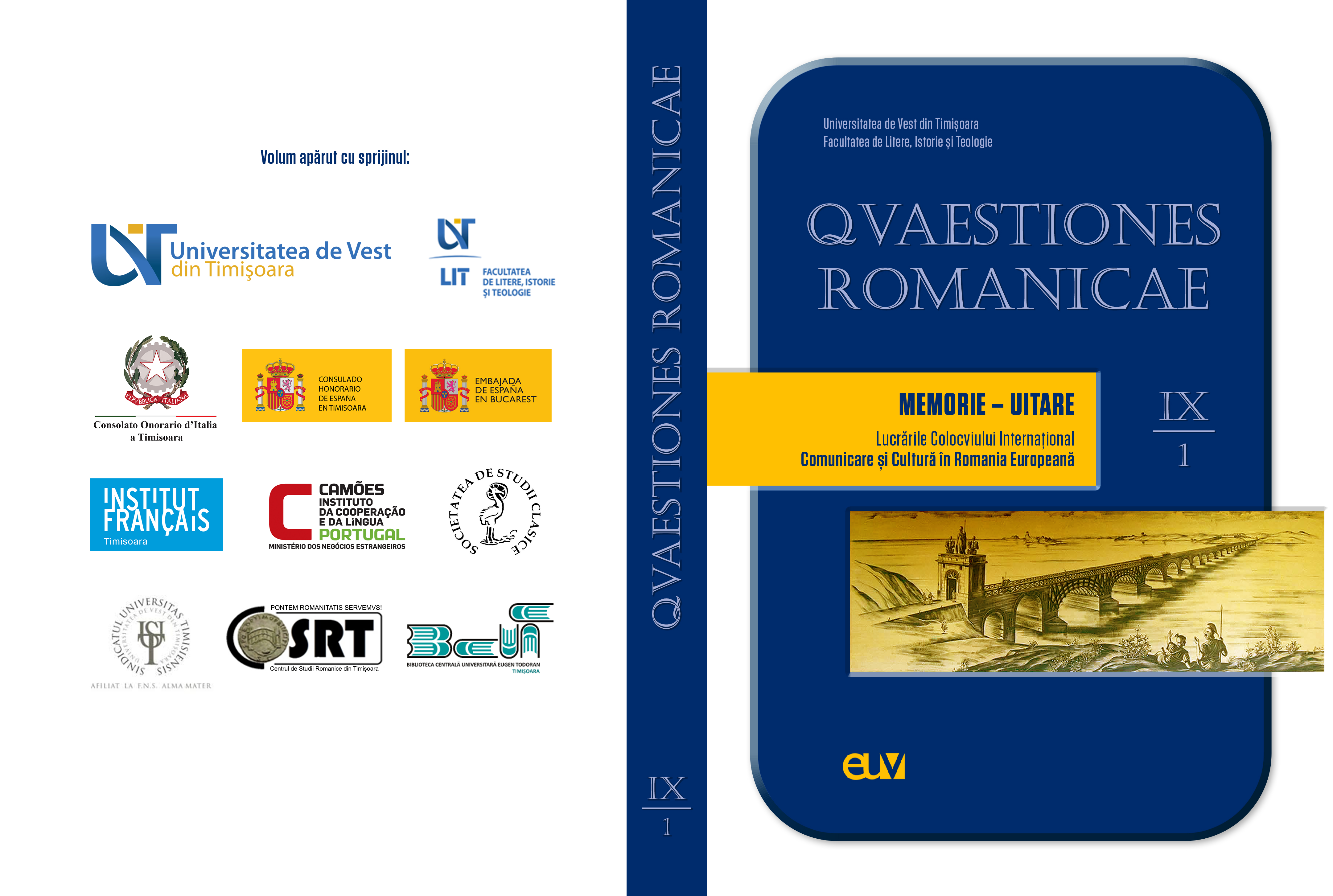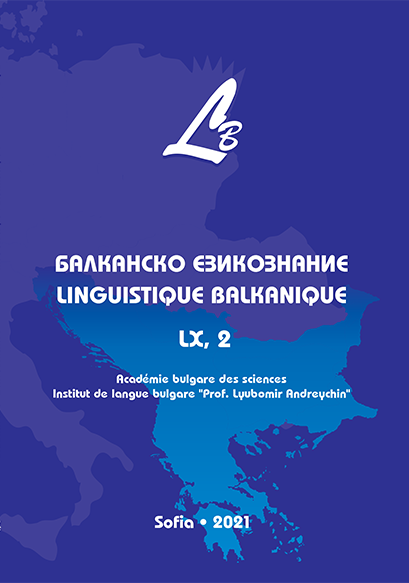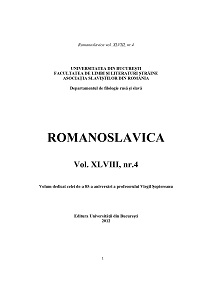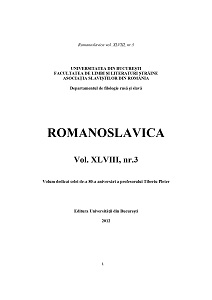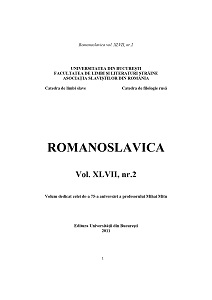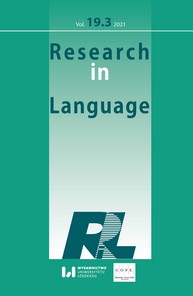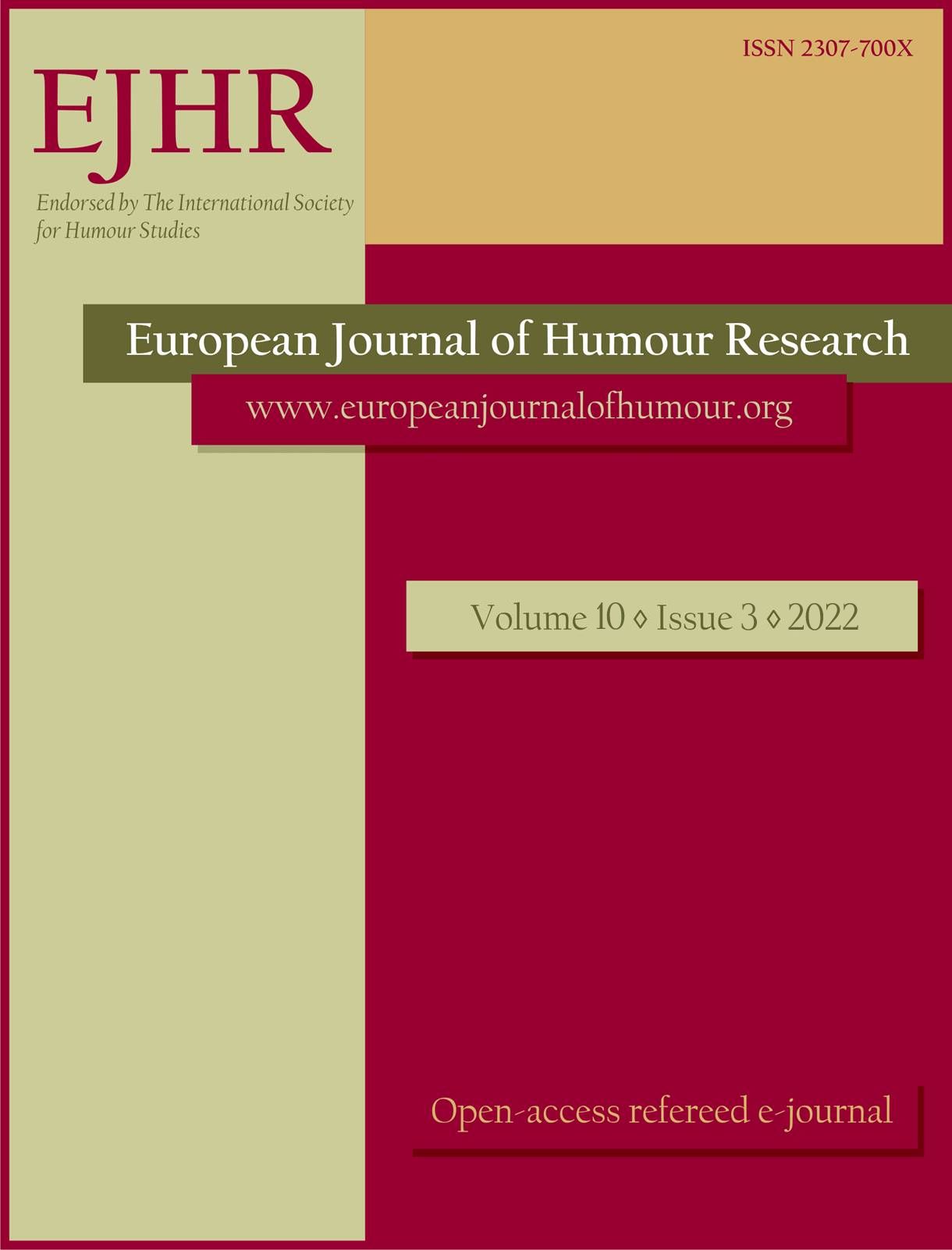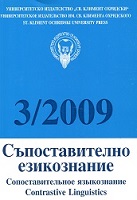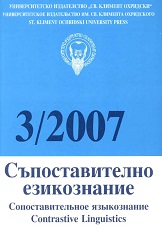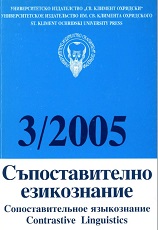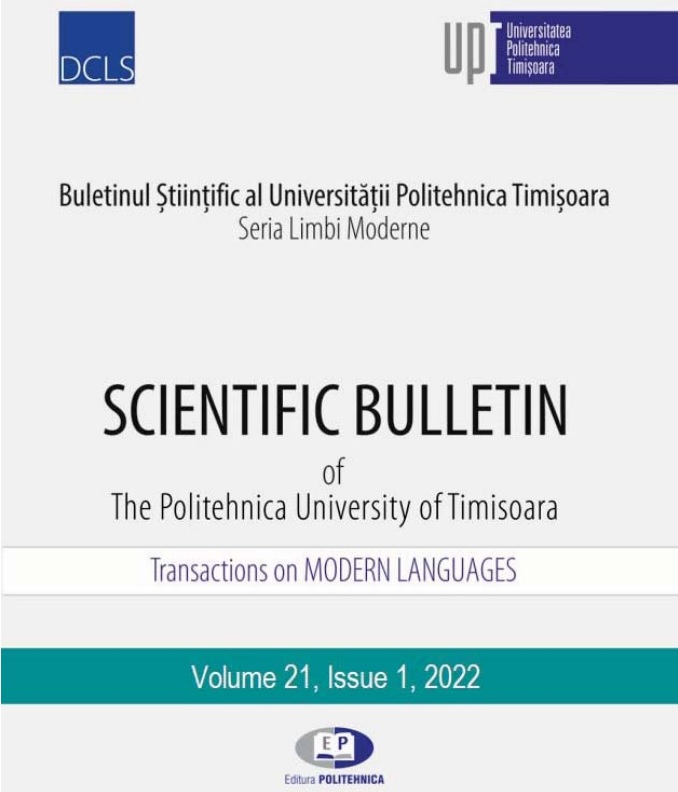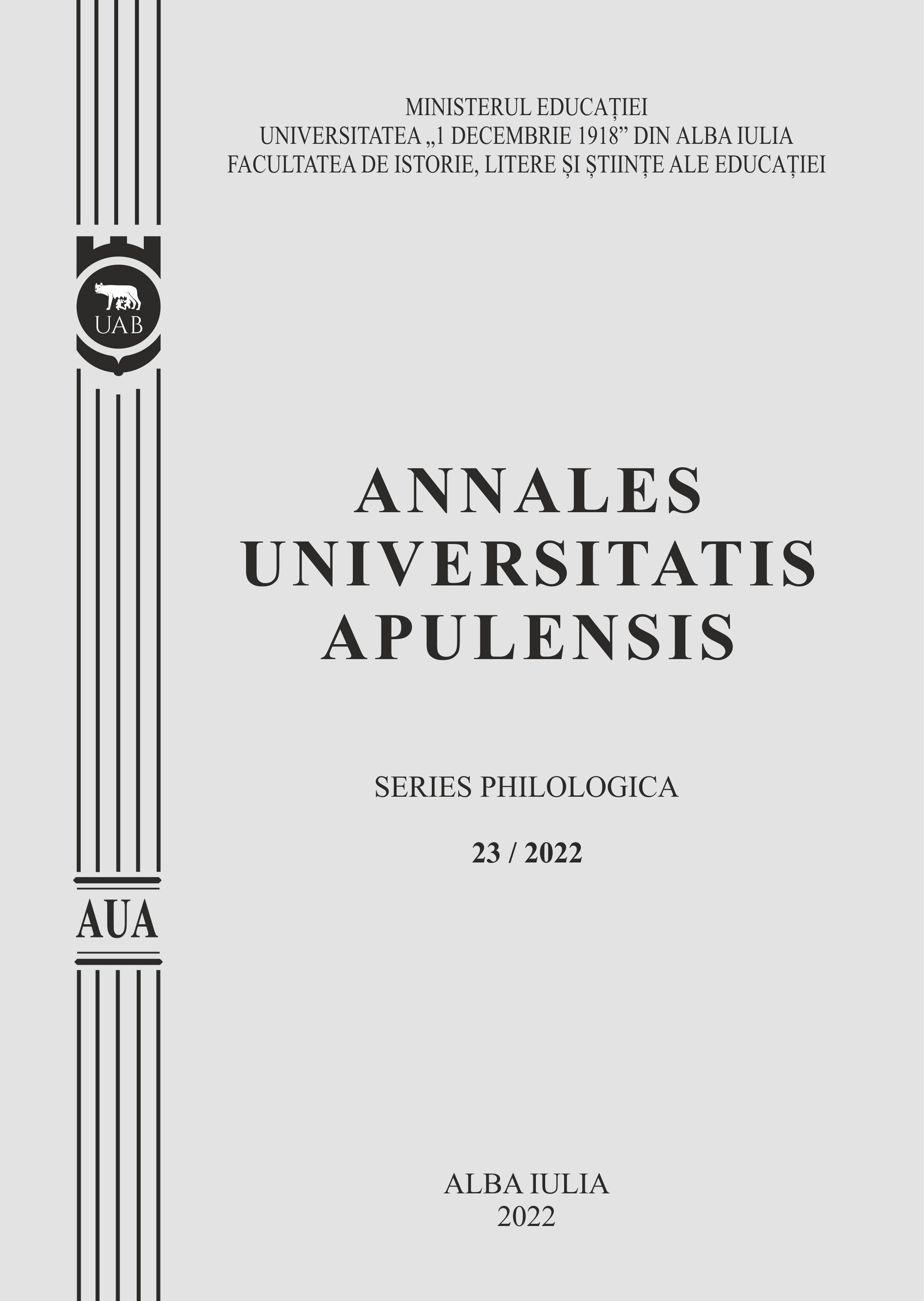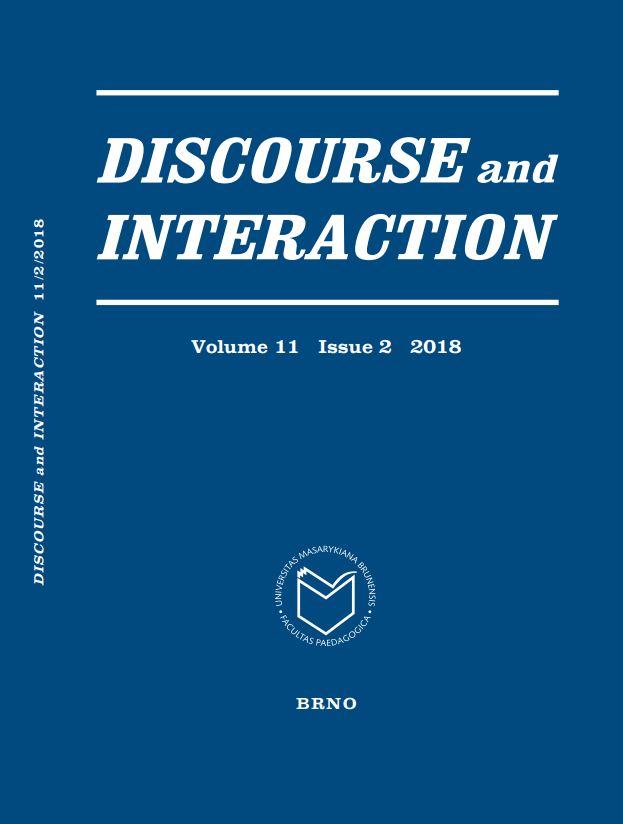
Meaning negotation in academic discourse: A typology of citations as semantic markers
In academic discourse, citations constitute a multifunctional pragmatic act: they acknowledge the property rights of writers, create intellectual or conceptual linkages, and enhance the persuasiveness of a text. Citations can, furthermore, serve to negotiate term meaning within the text. In this capacity, they acquire a dual dialogic quality: as citations, they participate in the social construction of knowledge by engaging in a 'dialogue' with the writers of previous texts but, as semantic markers, they also interact with the text’s readers by responding to plausible needs for semantic clarification. The article’s main focus is to present a typology of citations used as semantic markers. An analysis of the rhetoricity of semantic markers in academic discourse is also included in the discussion.
More...
